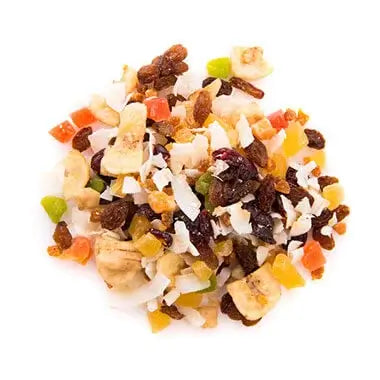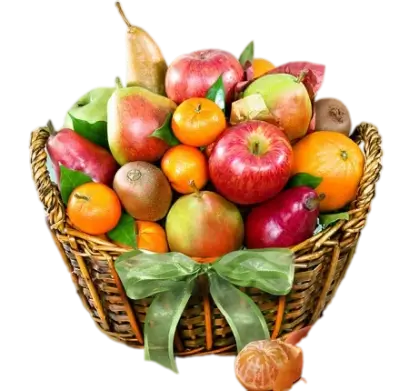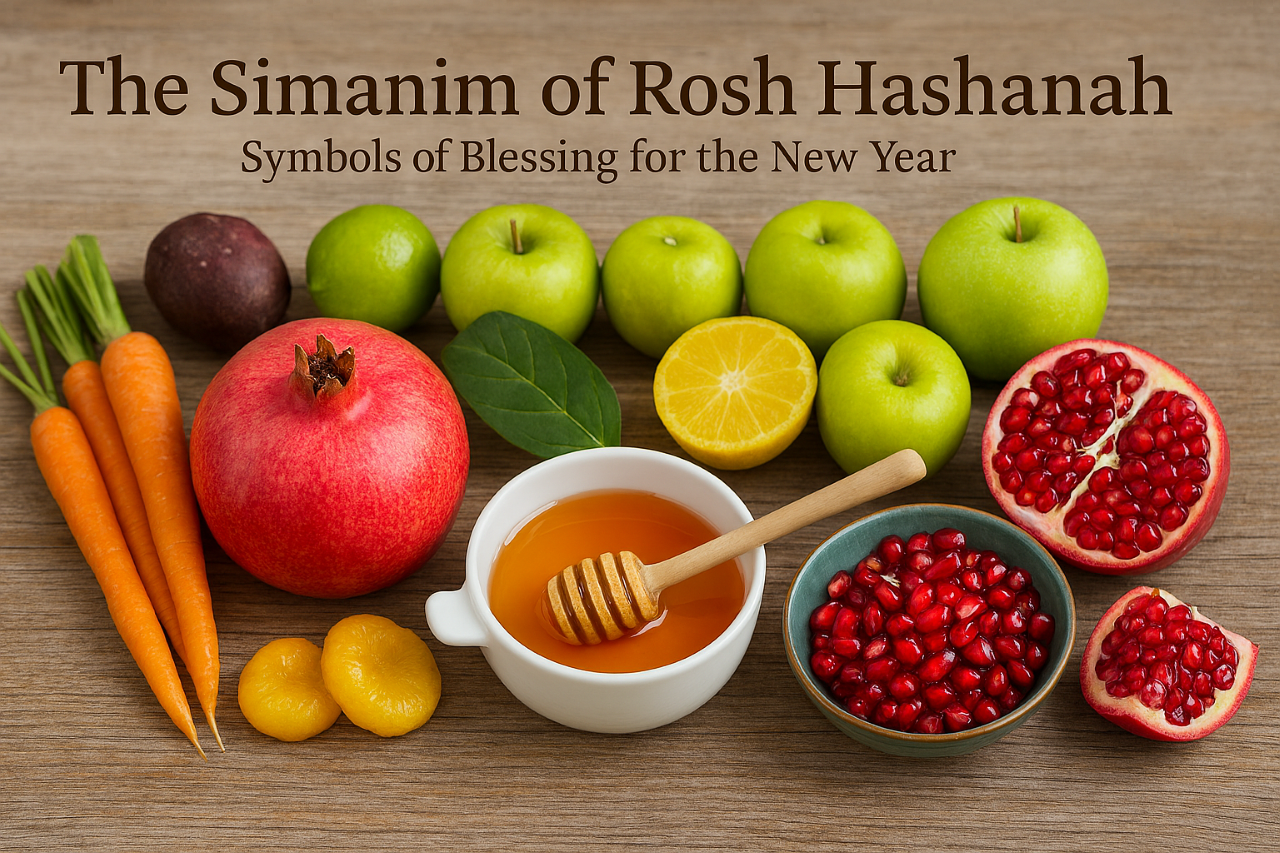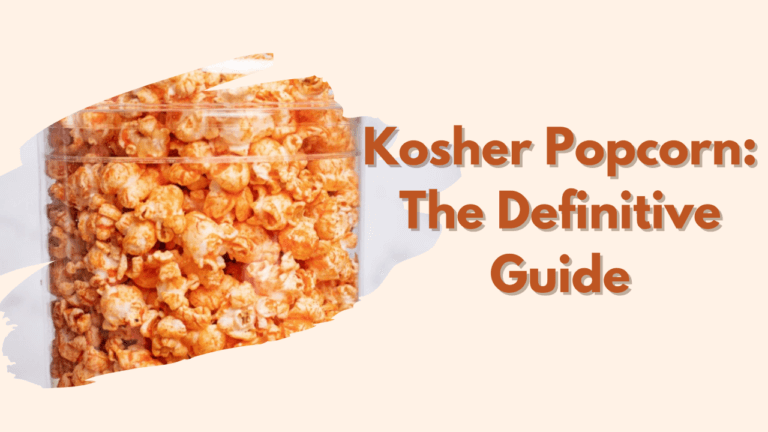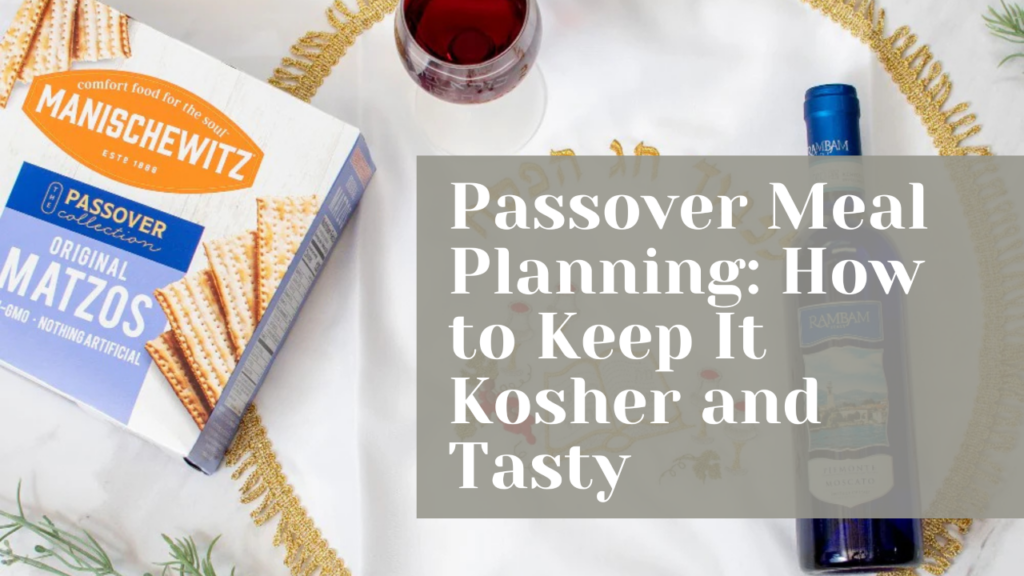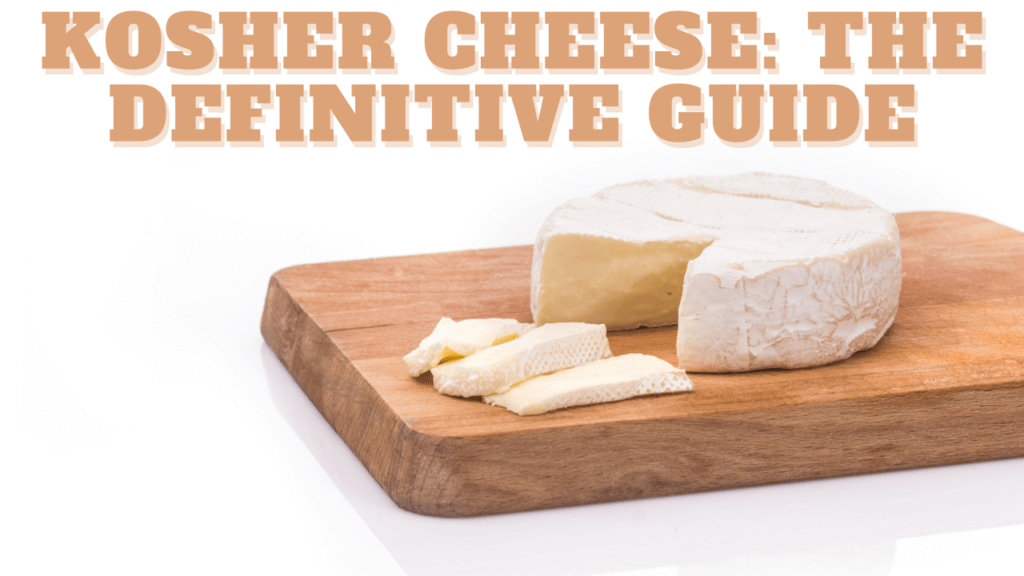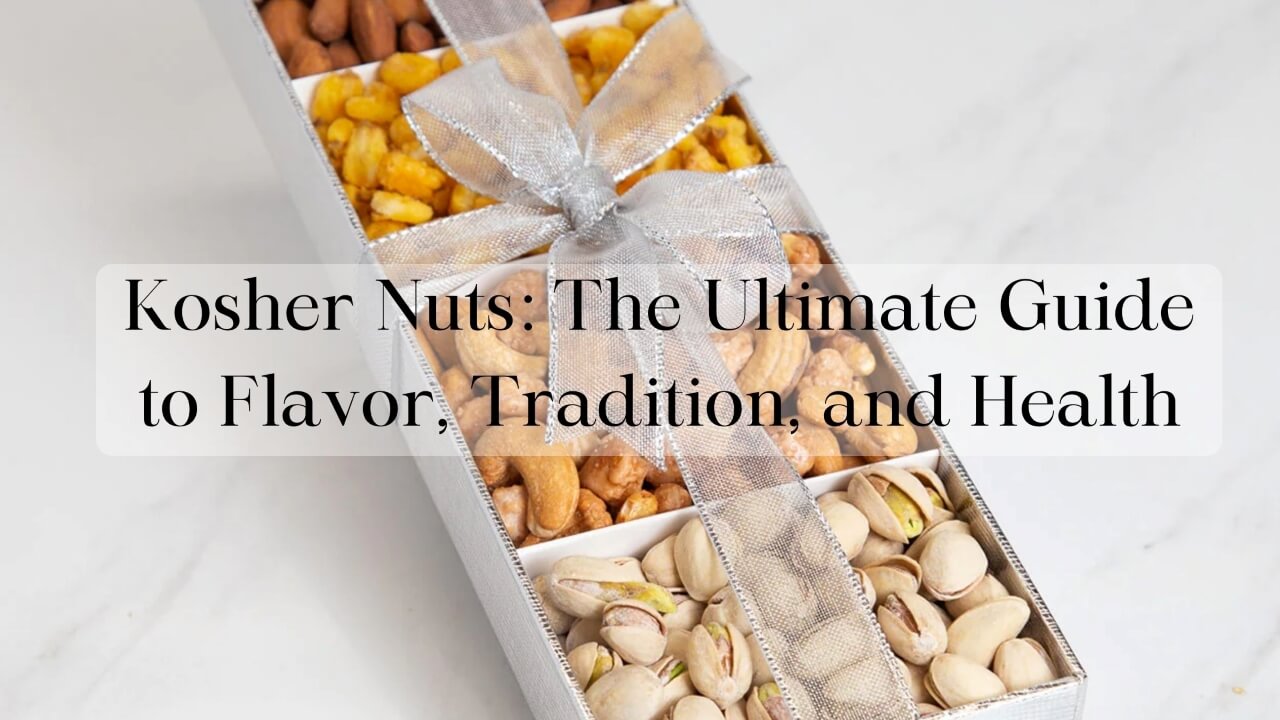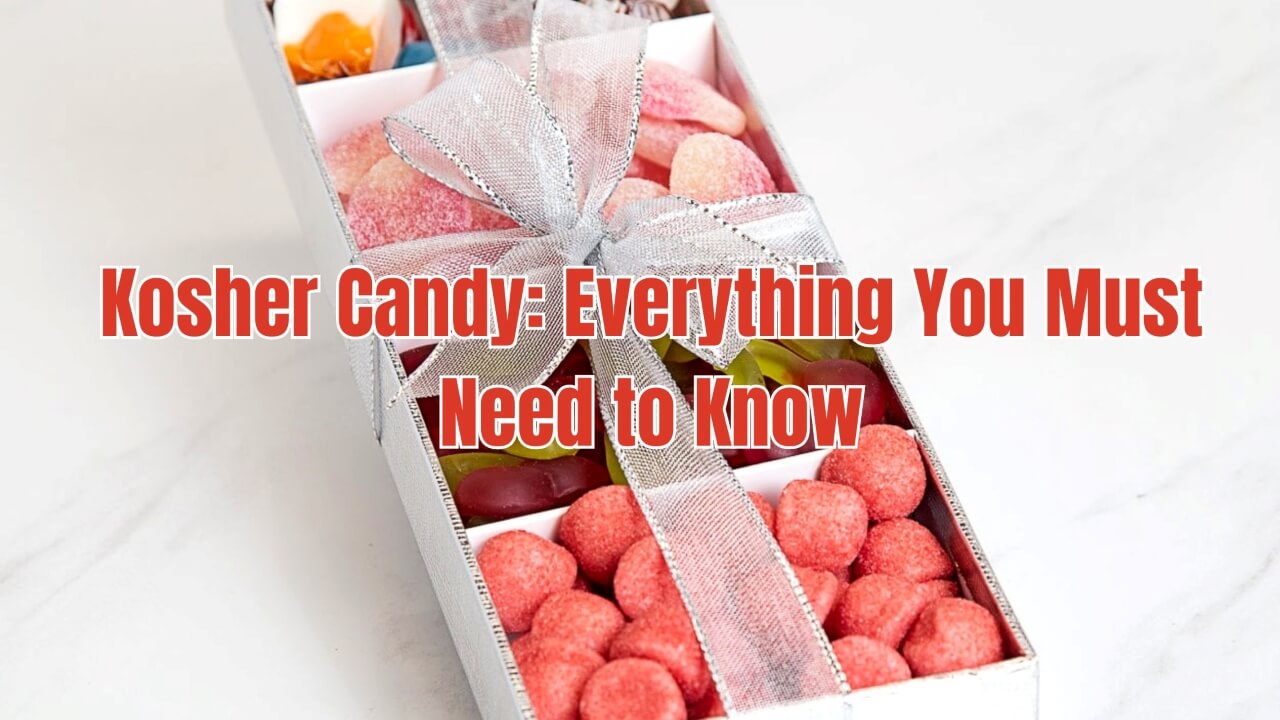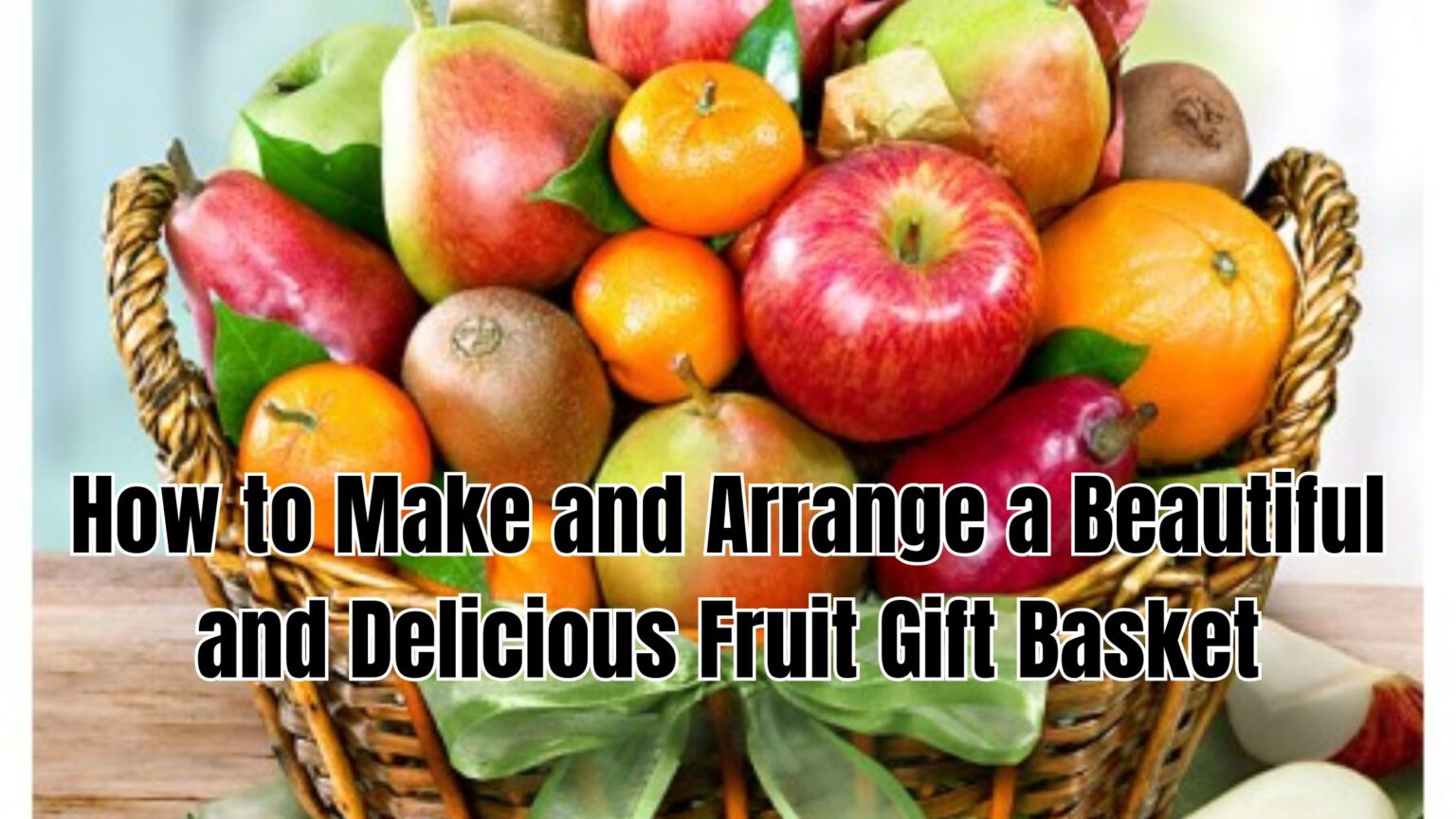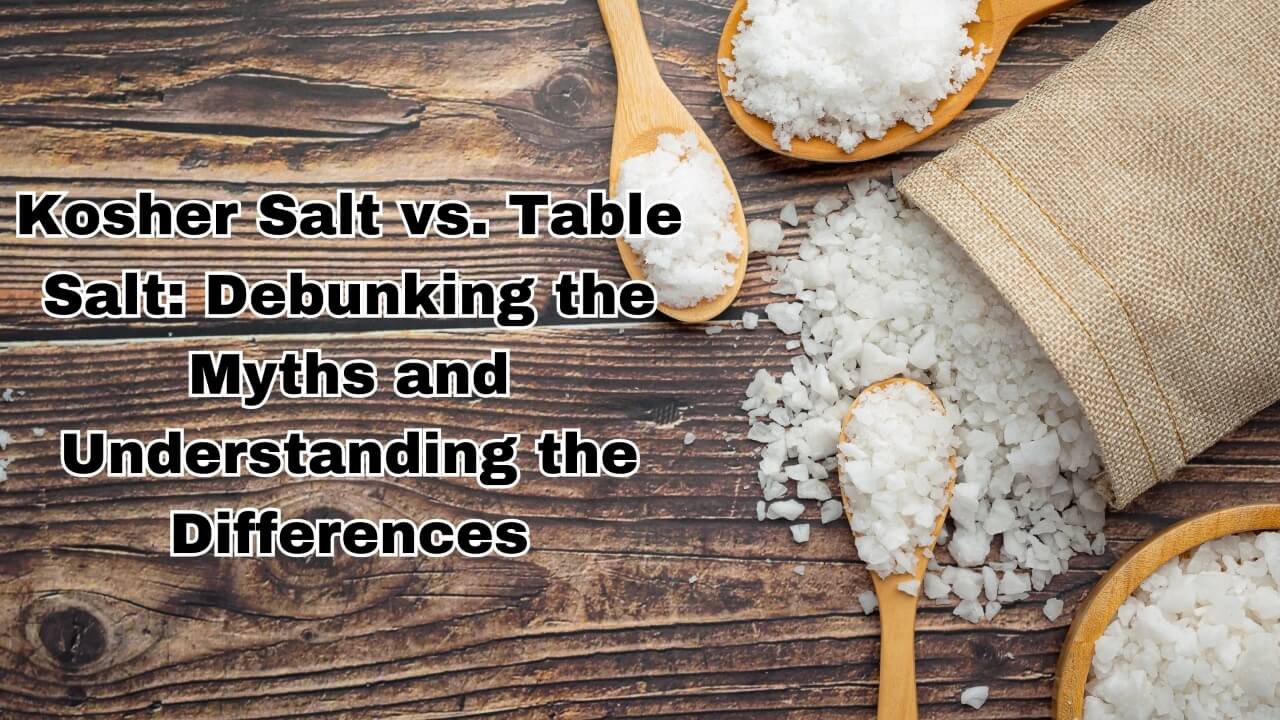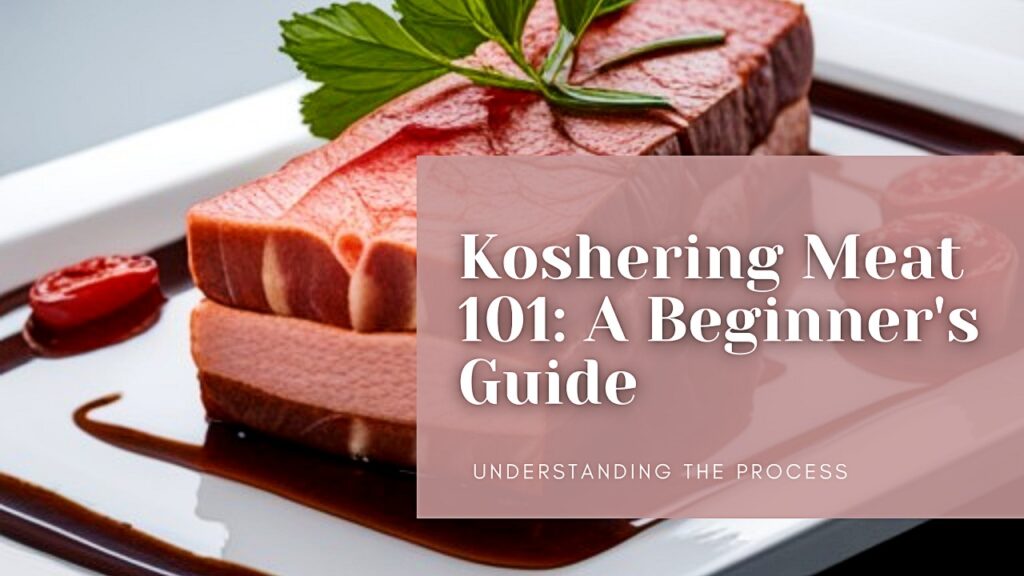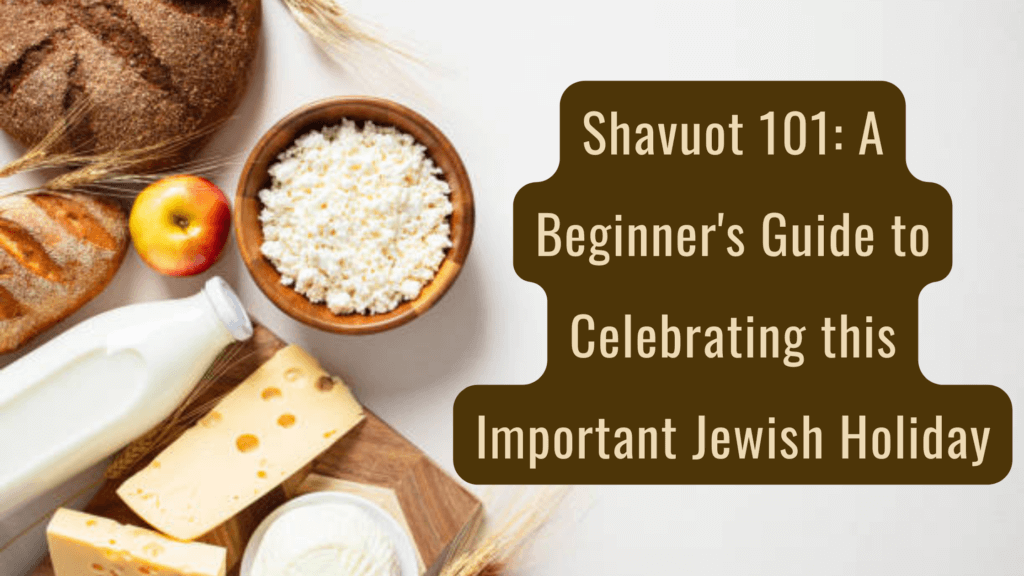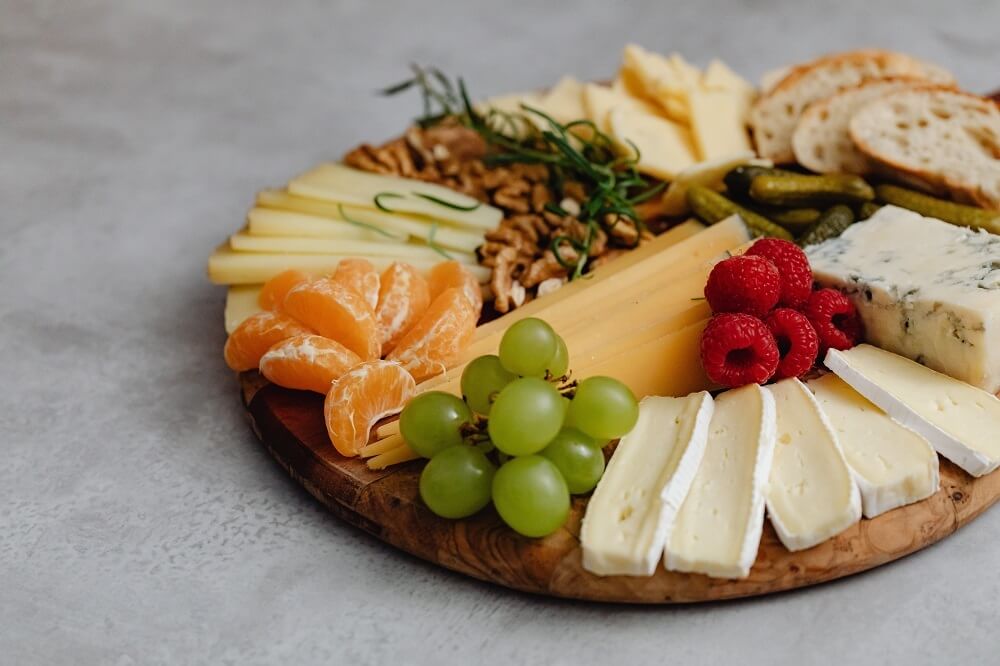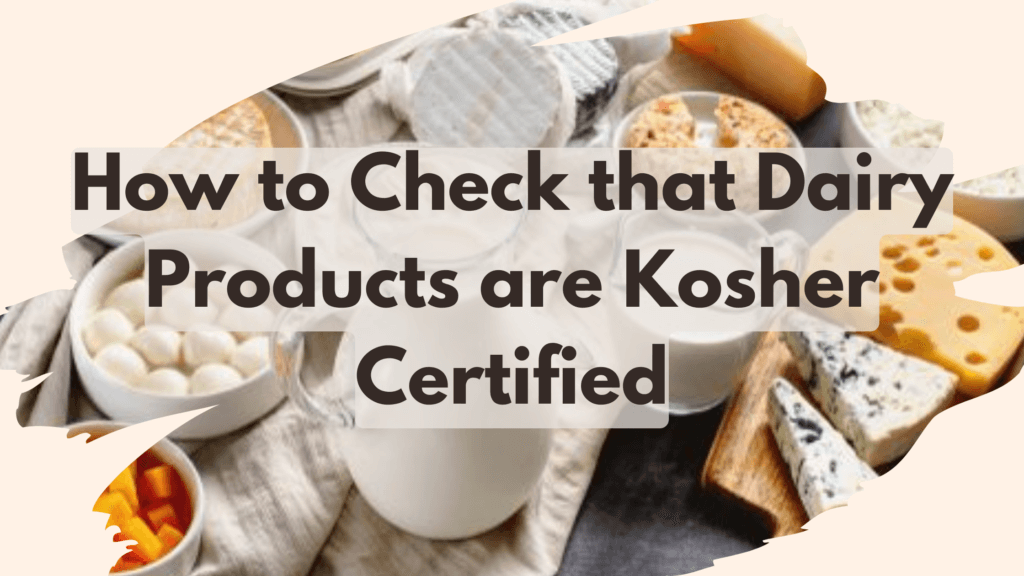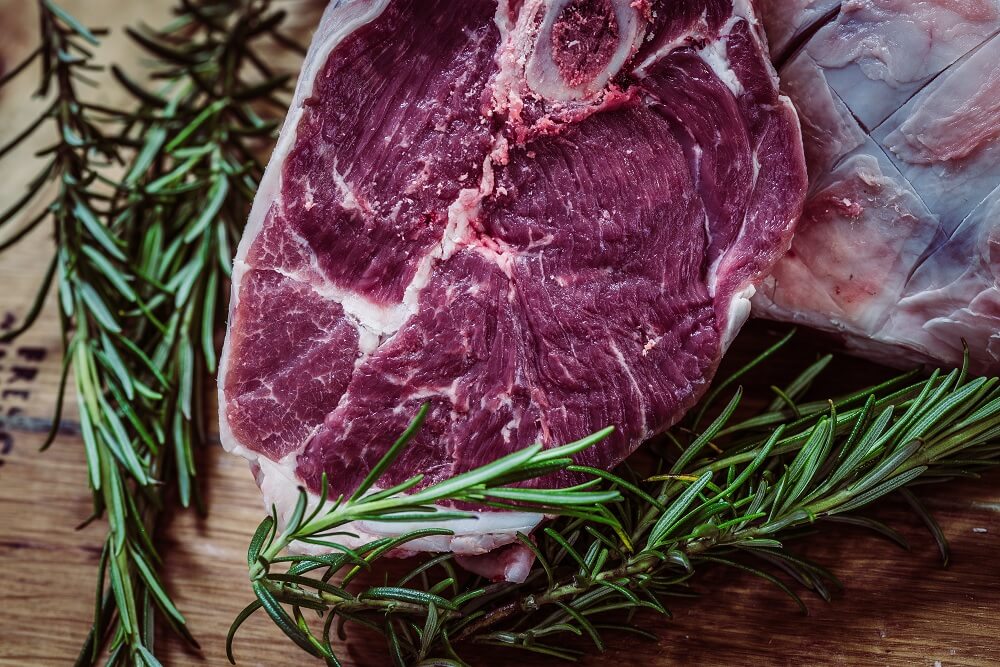If you've ever wondered about the concept of kosher fruit, this section is for you. First, it's essential to understand what 'kosher' means. Originating from Jewish dietary law, or 'kashrut', kosher is a term used to describe food that complies with a strict set of dietary rules in Judaism. These laws define not only which foods are permissible but also how they must be prepared and eaten.
Understanding Kosher Laws Pertaining to Fruits
While many associate kosher rules with meat and dairy, they also extend to fruits, albeit less complicated. According to the kosher laws, all fruits from trees that have grown for more than three years are considered kosher.
However, during the tree's fourth year, the fruits are referred to as 'orlah' and are not allowed to be eaten (Chabad). Every year after the fourth, the fruits are kosher again. Additionally, fruits need to be free from bugs and insects to maintain their kosher status.
The Importance and Benefits of Consuming Kosher Fruits
There are numerous reasons why one might choose to consume kosher fruits. For practicing Jews, it is part of their religious obligation and a way to express their faith. Beyond religious reasons, some people opt for kosher fruits due to health concerns.
Since kosher laws require thorough washing and checking of fruits for bugs, it often results in cleaner produce. Lastly, there's a belief that kosher foods, including fruits, are more ethically sourced and produced, making them a preferred choice for those concerned about sustainability and ethical consumption.
Whether it's for religious adherence, health benefits, or ethical reasons, understanding and choosing kosher fruits can be an enlightening experience. Throughout the rest of this blog, we'll delve deeper into the world of kosher fruits, debunk common misconceptions, explain the certification process, and provide practical tips for buying and storing kosher fruits. So, stay tuned!
Understanding the Kosher Certification Process
When it comes to understanding how a fruit receives kosher certification, it's important to know that it's not just about the fruit itself. Rather, it's a meticulous process that involves strict adherence to Jewish dietary laws. A fruit is not inherently kosher or non-kosher; its status depends on many factors.
The Process of Kosher Certification
Every stage of a fruit's journey, from the tree to the table, is examined for kosher compliance. First, the farm where the fruit is grown must comply with the biblical laws of 'Orlah' and 'Shmittah'.
'Orlah' prohibits eating fruits from a tree in the first three years after its planting, while 'Shmittah' commands that the land should be left fallow every seven years. Additionally, fruits from Israel must also have 'Terumot' and 'Maasrot' (tithes) separated, as per Jewish law.
After these initial checks, the fruit must be free of any insects and bugs, which are considered non-kosher. This requires careful examination and often washing and checking the fruit under light. From the packaging to the transportation, every single step must be handled by kosher-certified companies or individuals to maintain the fruit's kosher status.
Role of Kosher Certification Agencies
Kosher certification agencies play a crucial role in ensuring that all these steps are followed precisely. They employ trained professionals, called mashgichim, who inspect and supervise the entire process. Mashgichim not only check the fruits but also the equipment used to process them, the storage facilities, and even the trucks used for transportation. They ensure everything complies with the kosher laws.
These agencies grant a hechsher, a seal of approval, to indicate that a product is kosher. Different symbols represent different agencies, and consumers can look for these symbols when buying kosher fruits.
Factors Determining Kosher Status
As we've seen, many factors contribute to whether a fruit is considered kosher or not. It starts with the farming methods and extends to how it's cleaned, processed, packaged, and transported. Even the smallest deviation from the kosher laws can render the fruit non-kosher.
Moreover, certain fruits, like grapes, have specific laws. For instance, wine or grape juice must be produced by Jewish individuals to be considered kosher. Thus, the nature of the fruit itself can add additional considerations to the kosher certification process.
In sum, the kosher certification process is comprehensive, rigorous, and multi-faceted, ensuring that when you pick up a fruit with a kosher symbol, it truly meets all the requirements of Jewish dietary laws.
Common Misconceptions About Kosher Fruit
Unraveling the intricacies of kosher fruits can sometimes be a labyrinthine task. In this endeavor, several misconceptions have sprung up, clouding the understanding of what truly constitutes a kosher fruit. Let's address some of these myths and misconceptions head-on.
The Myth that All Fruits are Automatically Kosher
One prevalent myth is that all fruits are automatically kosher. While it's true that fruits, in their natural and unprocessed state, are generally deemed kosher, this is not an absolute rule. Certain procedures and laws must be followed for a fruit to maintain its kosher status.
For instance, the Torah prohibits consumption of fruits from a tree within its first three years (Orlah), and there are rules regarding tithing (Terumot and Maaserot). Therefore, not all fruits are automatically kosher, and adherence to these laws is necessary to ensure their kosher status.
Misconceptions about the Cost and Availability of Kosher Fruits
Another common misconception lies in the perceived cost and availability of kosher fruits. Some believe that kosher fruits are significantly more expensive and less readily available than their non-kosher counterparts.
However, the truth is more nuanced. The cost of kosher fruits can indeed be slightly higher due to the added processes involved in certification and supervision.
However, this price difference is typically minimal and often offset by the assurance of quality that comes with kosher certification. As for availability, with the increasing demand for kosher products, many supermarkets and grocery stores now carry a wide array of kosher-certified fruits.
The Belief that Kosher Fruits are Healthier and Taste Better
A further misconception is the belief that kosher fruits are inherently healthier or tastier than non-kosher ones. While kosher laws do prescribe certain standards that can influence the quality of fruits, they primarily focus on religious observance rather than health or taste.
Thus, a kosher fruit isn't necessarily healthier or tastier; it simply complies with specific Jewish dietary regulations. It's essential to remember that factors affecting health and taste - such as ripeness, freshness, and cultivation methods - are largely independent of whether a fruit is kosher.
In sum, understanding kosher fruits involves piercing through layers of misconceptions. By acknowledging and debunking these myths, we can appreciate the true essence of what it means for a fruit to be kosher. Stay tuned as we delve deeper into how to select and buy kosher fruits in the next section.
Practical Guide on Selecting and Buying Kosher Fruits
Navigating the world of kosher fruits can be a daunting task, especially for those who are new to this dietary practice. However, having some knowledge and tips up your sleeve can make the process considerably easier.
In this section, we will provide you with practical advice on how to identify, select, and buy kosher fruits.
Identifying Kosher Fruits in the Market
The first step towards adding kosher fruits to your diet is learning how to identify them in the grocery store. Look for fruits that have a reliable kosher certification, which is usually represented by a symbol or seal on the packaging. This certification signifies that the product meets all the requirements of kosher laws. It’s important to note that not all certifications are equal; some have more stringent standards than others. Therefore, it's recommended to familiarize yourself with different kosher symbols and their respective agencies.
Tips for Ensuring Your Fruits are Truly Kosher
It's not always clear-cut whether a fruit is truly kosher just by looking at it, particularly when it comes to loose fruits. Here are a few tips to ensure the fruits you're buying are indeed kosher:
- Buy from reputable stores or vendors who are known for selling kosher products.
- If you're unsure about a product's kosher status, don't hesitate to ask the store manager or contact the certification agency directly.
- When in doubt, opt for fruits that are in their natural, unprocessed state as they're less likely to contain non-kosher additives or be subject to problematic processing methods.
Where to Buy Kosher-Certified Fruits
While many mainstream supermarkets carry a selection of kosher-certified products, specialty kosher stores offer a wider variety. These stores are committed to providing products that adhere strictly to kosher laws, making them a reliable source for kosher fruits. In addition, several online platforms sell kosher-certified products and deliver them right to your doorstep. Keep an eye out for kosher farmers’ markets too, where you can directly support local, kosher-certified growers.
At kosherline Gourmet Gift Baskets, we are committed to providing you with the best quality and variety of kosher certified fruits. Our fruits are fresh, juicy, and delicious, and they are carefully selected and inspected to meet the highest standards of kosher supervision. Whether you are looking for apples, oranges, grapes, pears, or exotic fruits, we have them all in our baskets.
Our kosher certified fruits are perfect for any occasion, such as holidays, birthdays, anniversaries, or just to say thank you. You can choose from our pre-made baskets or customize your own with your favorite fruits. Order your kosher certified fruit basket today and enjoy the taste of nature.
As we wrap up this section, remember that ensuring the fruits you buy are kosher isn't just about checking for a certification symbol. It's also about understanding the factors that influence a fruit's kosher status and knowing where to shop. With these tips, you'll be well on your way to successfully selecting and buying kosher fruits.
Preparing and Maintaining Kosher Fruits
When it comes to kosher fruits, proper preparation and storage are just as critical as the certification process itself. In this section, we'll delve into the best practices for preparing, storing, and preventing cross-contamination of your kosher fruits.
Proper Ways to Clean and Prepare Kosher Fruits
Firstly, cleaning is an essential step in preparing your kosher fruits. While many fruits come with a kosher certification, this doesn't guarantee they're free from insects or bugs, which are not kosher. Therefore, certain fruits like strawberries, raspberries, and blackberries that are prone to bugs should be thoroughly washed and checked before consumption.
It's recommended to soak these fruits in a bowl of water with some food-grade soap or vinegar, then agitate them gently to dislodge any potential insects. After soaking, rinse the fruits under running water. For fruits with hard surfaces like apples or pears, scrubbing with a clean brush can be helpful.
Guidelines on Storing Kosher Fruits to Maintain Their Kosher Status
Storing kosher fruits properly is another key aspect in maintaining their kosher status. They should be stored separately from non-kosher foods to prevent cross-contamination. For example, if you're using a refrigerator, designate specific shelves or drawers for your kosher items. Similarly, in your pantry or kitchen cabinets, allocate separate sections for your kosher fruits.
Remember, it's not just about physical separation. You also need to make sure that your kosher fruits don't come into contact with non-kosher utensils or kitchenware. Always use kosher-certified tools and utensils when handling these fruits.
How to Avoid Cross-Contaminating Kosher Fruits with Non-Kosher Foods
Cross-contamination between kosher and non-kosher foods is a concern that must be addressed. This can occur when a kosher product comes into contact with a non-kosher product, or when it's prepared or served using non-kosher equipment. Steps to avoid Cross-contamination:
- Ensure that you have separate kitchen tools for your kosher and non-kosher foods, including knives, cutting boards, and serving dishes.
- It's important to wash your hands and clean your workspace thoroughly before preparing kosher fruits, especially if the same area is used for non-kosher foods.
By following these guidelines, you can maintain the kosher status of your fruits and enjoy them in accordance with your dietary beliefs. By understanding the nuances of preparing and maintaining kosher fruits, you can confidently incorporate these nutritious options into your diet.
Conclusion - Incorporating Kosher Fruits into Your Diet
As we draw this enlightening journey to a close, let's take a moment to reflect on what we've learned about kosher fruits. We started with the very basics, understanding the essence of what it means for a fruit to be kosher. We explored the intricate and rigorous process of kosher certification, shedding light on the role of certification agencies, and the factors that determine if a fruit is kosher or not.
We didn't shy away from addressing common misconceptions, including the fallacy that all fruits are inherently kosher, or the misunderstanding that kosher fruits are automatically healthier or tastier. We also debunked myths about the cost and availability of kosher fruits, showing that they are accessible to everyone.
Embracing practicality, we provided a guide on how to identify, select, and buy kosher fruits. We offered tips on ensuring their authenticity and shared information on where to find them. Additionally, we emphasized the importance of proper cleaning, preparation, and storage of kosher fruits to maintain their kosher status, as well as ways to avoid cross-contamination with non-kosher foods.
Now, knowing all that you know, wouldn't it be worth considering adding more kosher fruits to your diet? There is something uniquely satisfying about consuming food that has been prepared with such care and attention to detail. Not only do kosher fruits offer a variety of taste experiences, but they also offer peace of mind, knowing that they meet strict dietary standards.
Buy Kosher Fruit Basket today and experience healthy goodness! Buy Kosher! Our Kosher Fruit Basket includes a variety of fresh, delicious fruit that is certified to meet the highest standards of kashrut. Enjoy apples, oranges, pears, and more in this delicious basket. We carefully select only the freshest fruits to ensure quality and satisfaction. Treat yourself or someone special to a gift that is sure to be appreciated.









